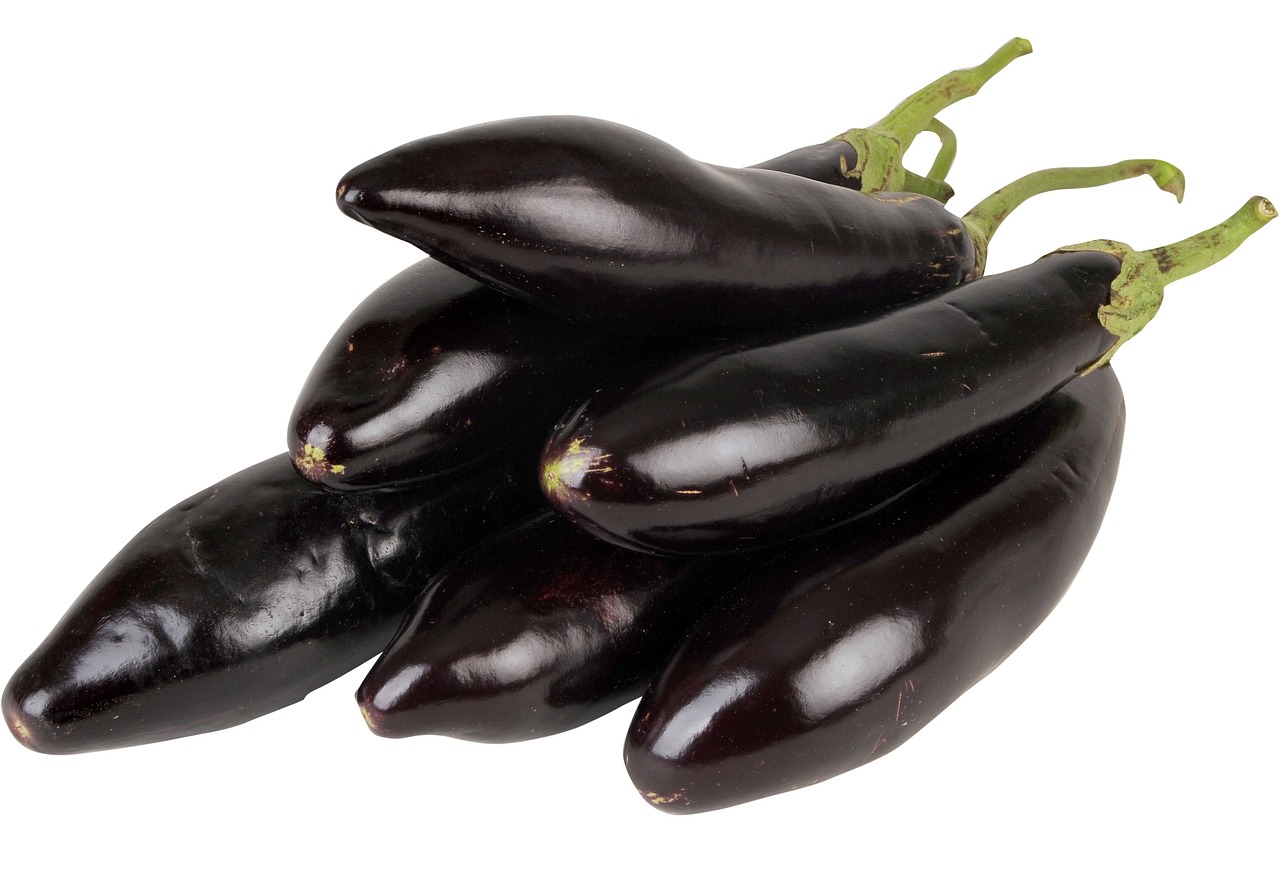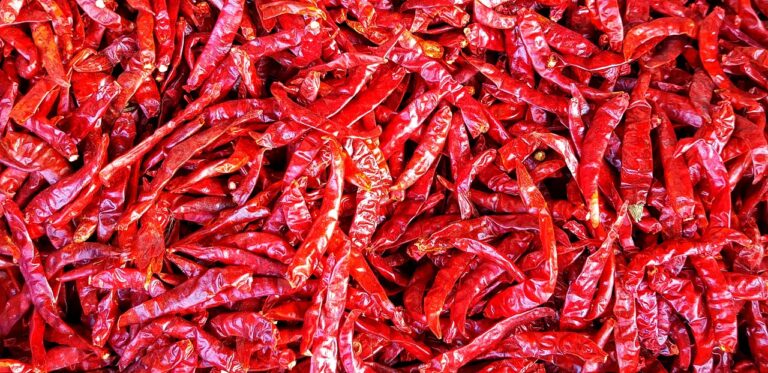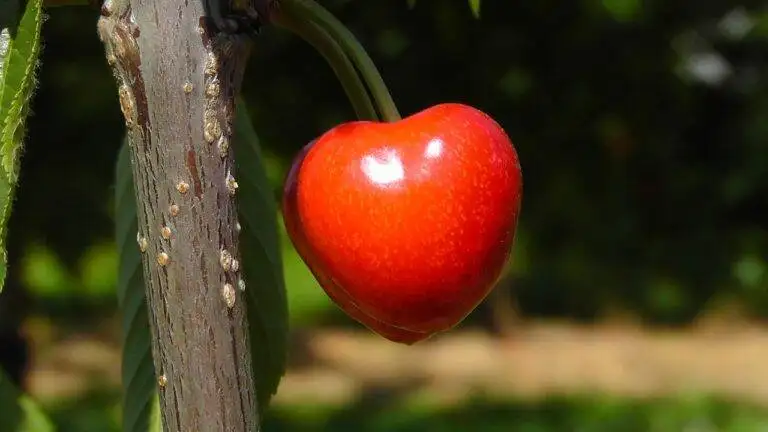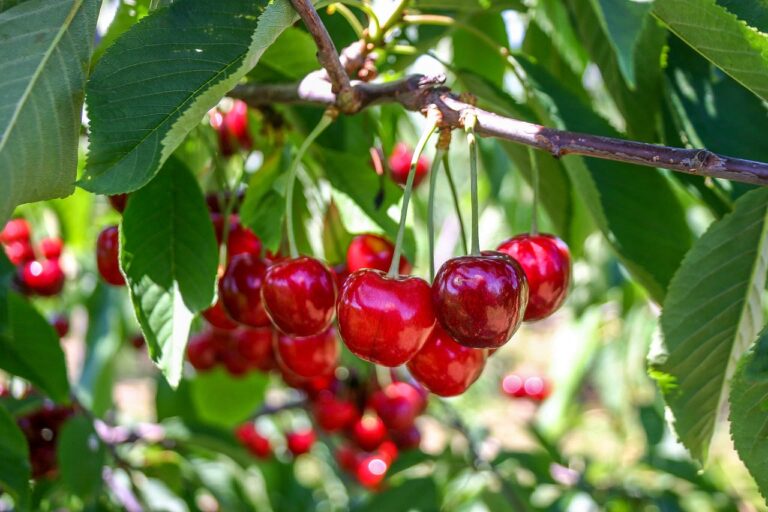The Importance of Bees in Agricultural Biodiversity: Goldenexch, Cricbet99 link, King 567
goldenexch, cricbet99 link, king 567: Bees are tiny creatures that play a crucial role in maintaining agricultural biodiversity. These hardworking insects are responsible for pollinating a vast majority of plants, including many of the fruits, vegetables, and nuts that we consume on a daily basis. Without bees, our food supply would be severely impacted, leading to a potential collapse of ecosystems and significant economic losses.
The importance of bees in agricultural biodiversity cannot be overstated. They are essential for the reproduction of plants, as they transfer pollen from one flower to another, allowing them to produce fruits and seeds. This process not only ensures the survival of plant species but also helps to maintain genetic diversity within plant populations. In turn, this diversity is vital for the long-term health and resilience of ecosystems.
Furthermore, bees are not only important for crop production but also for wild plant species and the animals that depend on them for food. Many wild plants rely on bees for pollination, and without them, these plants would struggle to reproduce and survive. This domino effect could have far-reaching consequences on the entire ecosystem, leading to a loss of biodiversity and a decline in overall ecosystem health.
In addition to their role in pollination, bees also play a crucial role in nutrient cycling and soil health. Bees visit flowers to collect nectar and pollen, which they use as food for themselves and their larvae. In the process, they inadvertently transfer pollen between plants, promoting cross-pollination and genetic diversity. This, in turn, leads to increased crop yields and healthier plant populations.
Unfortunately, bees are facing numerous threats, including habitat loss, pesticide use, climate change, and diseases. These factors have led to a decline in bee populations worldwide, with some species facing the risk of extinction. It is essential to take action to protect bees and their habitats to ensure the continued health and resilience of agricultural ecosystems.
One way to support bees is to create pollinator-friendly habitats in agricultural landscapes. This can be done by planting a diverse range of flowering plants that provide bees with a source of food and habitat. Avoiding the use of pesticides and herbicides that harm bees and other pollinators is also crucial. Additionally, raising awareness about the importance of bees and the threats they face can help garner public support for conservation efforts.
In conclusion, bees are vital for agricultural biodiversity and ecosystem health. Their role in pollination, nutrient cycling, and soil health cannot be replaced by any other species. It is essential to take action to protect bees and their habitats to ensure the continued functioning of agricultural ecosystems. By supporting bees, we are not only safeguarding our food supply but also preserving the natural world for future generations to enjoy.
**Headings:**
– The Role of Bees in Pollination
– Importance of Bees in Maintaining Genetic Diversity
– Bees and Ecosystem Health
– Threats to Bee Populations
– Conservation Efforts to Protect Bees
– Supporting Bee Populations Through Sustainable Practices
**FAQs:**
1. Why are bees essential for agricultural biodiversity?
Bees are crucial for pollinating a vast majority of plants, including many crops and wild plant species. Their role in pollination ensures the reproduction of plants, leading to increased crop yields and healthier plant populations.
2. What are the main threats to bee populations?
Some of the main threats to bee populations include habitat loss, pesticide use, climate change, and diseases. These factors have led to a decline in bee populations worldwide, with some species facing the risk of extinction.
3. How can I support bee populations?
You can support bee populations by creating pollinator-friendly habitats in agricultural landscapes, avoiding the use of pesticides and herbicides that harm bees, and raising awareness about the importance of bees and the threats they face.
4. What are the benefits of protecting bees?
Protecting bees not only ensures the continued functioning of agricultural ecosystems but also helps to maintain biodiversity, support food security, and preserve the natural world for future generations.







